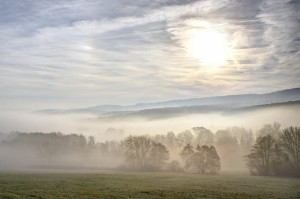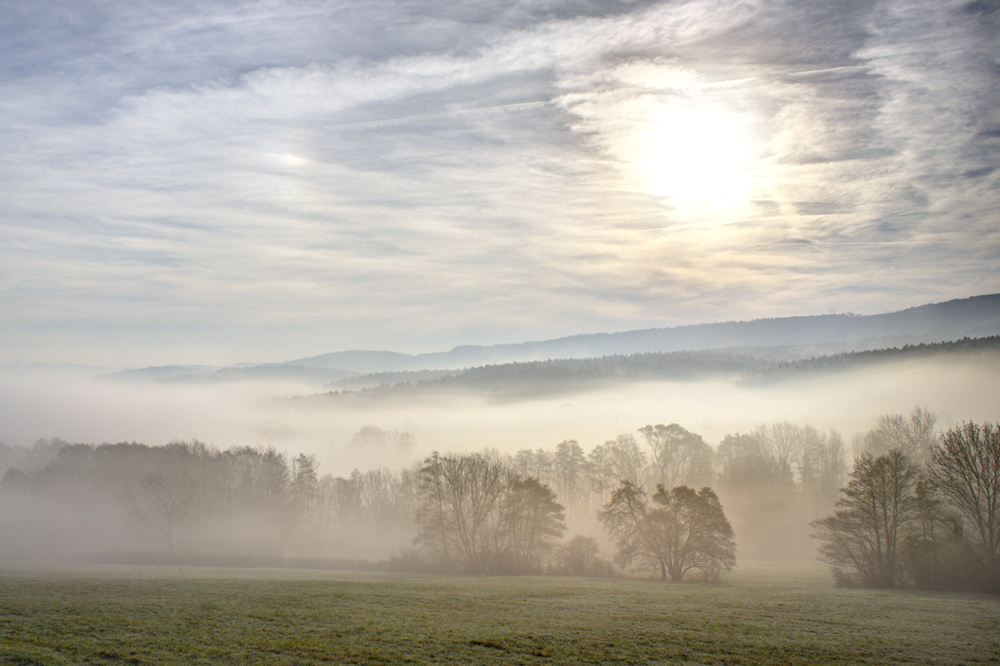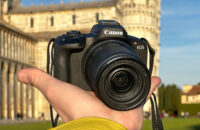There are countless rules of photography that beginners would sooner or later come across. But what are the most important of “pilars” of photography basics which all the great photographers keep (often unconsciously)? Here is my list, compiled over more than 20 years.

1. Photos must be like paintings
Don´t worry – I am not going to theorize. On the contrary, this simple rule is really very practical for your everyday life. And without it, you will never be able to take great photographs. I do not mean having aspirations of future Rembrandt or Dalí. So why paintings? Because paintings work in the same mode as good pictures: they have the ability to radiate energy and feelings. They have the ability to attract the attention of viewers, send powerful doses of emotions to them and attack all their senses. Any good photo, to put is simple, must take into account the same principles as painting: capturing atmosphere, working with composition, ability to “manipulate” viewers´ feeling, using colors etc. Believe or not, this rule applies to professionals as well as beginners.
2. Pushing shutter button is not enough to make a photo
The biggest mistake of photography is very dangerous idea that a photo gets created by simple pushing the shutter button. Well, technically, it is. But is can never be real, eg good photo. I bet you know the situation – typically, it starts with a sentence “What a lovely mountain, forest, street, group of kids, I will just take a lovely picture of them.” Any, yes, then you never quite like the photo. For the reason, see the rule nr. 1. Pushing the shutter button is never enough – taking photo never works without deeper thinking about its meaning, composition and messages transferable to those who will see it.
3. Never take yourselves seriously
If you sometimes have feeling such as “Yes, I am now really a photographer! People like what I do!”, you are most likely on a wrong track and you need to invest a lot of energy into injecting more doubt into you work. Never consider yourselves a good or even great photographer. Why? Because the world is full of bitter photographers who never really fully understood that their greatness is rather doubtful (to put it mildly).Is this really the third most important rule of photography? Indeed, it is. Without doubts and hard work, you can never be a real photographer.
4. Photography is craft, not art
Many photographers would argue that they are artists and the photography is primarily a matter of art. But it is not true – photography is a craft, e.g. a complex set of your experience and technical know-how. And your brain is a sort of computer using a long algorithm to determining the best way forward. Longer your experience, the better the algorithm would be in directing you to great results. Yes, to certain extend, some artistic dispositions can be handy. But long drill and practice is much more valuable.
5. How to recognize a good photo? It delivers emotions
Sure, everybody might like something little bit different, but surprisingly, take 100 randomly selected photos and ask 100 randomly selected people to select the best one pictures. You will be surprised how similar the choice will be. Why? Because there is a clear feature which defines a good picture: it must “work”, it must function, it must have the power to grasp the attention of viewers and deliver the emotions desired by photographer: peace, harmony, beauty, tension, mystery, pretty much anything – you name it. It must have a story, a meaning behind it. It, as we already know, must be a sort of painting which will provoke you imagination.
6. How can I tell somebody is a good photographer? He/she knows his craft
Being a good photographer means we that he/she is able to deliver great photos from a very boring situation, in a terrible light and totally non-photogenic environment. I mean: everybody can take a photo of a Buddhist monk in the front of his mountain monastery (in the lovely late afternoon light). Only really good craftsman/artist is able to make a picture of, say, from a meeting of your company board at 8 PM, during winter dull and gray day.
Following features do not necessary define a great photographer:
He/she has been taking photos for decades.
He/she is well paid and quite famous professional.
He/she boasts a long list of exhibitions and diplomas from famous photographic schools.
His/her photos attract countless “likes” on Facebook.
In real terms, all this means nothing.
8. Don’t be afraid to take your own path. But remember the rule nr. 1
Times are changing, opinions are changing, tastes are changing. Never let anybody to tell you what is good and what is bad. Do not trust gurus claiming that your unique way of capturing the world is/ is not worth pursuing. It is up to you to make sure it is really unique. Make photos with passion and patience – sooner or later, the success will come.
Do whatever you want. But never forget the first rule: Photos must be like paintings able to radiate emotions.
9. Don’t be critical about other photographers´ work
Sometimes it is rather hard to stay silent, but doing so would help your mental health and reputation: avoid being one of endless numbers of photographers making endless comments about others work. Maybe, they are really terrible. But perhaps, you are just not able to understand them. There is only one acceptable thought/sentence: “I am completely sure I would be able to do much better photo under the same circumstances and with the same aim.”
10. What to avoid at the beginning? Models and sunsets
There is one extremely dangerous trap waiting for the beginners (and frankly, not only for them): the danger of skipping the real photography basics and moving to “easy” levels of photography. So let be warned: if you really want to be a good photographer, avoid cheap effects. Making photos of sunsets, shadows in old streets and details of colorful leaves can be nice, but even a kid can do it – so you will not be getting any closer to real photography. Models, beauties, acts can be the most tempting danger. This branch of photography – when done properly – is fantastic, demanding and very tough. On the other hand: if you take you camera and go to a studio with a beautiful girl, anybody can make a nice photo with a bit of assistance… But in a way, it has not much to do with photography as such.
—-
[social-bio]






Leave a Reply